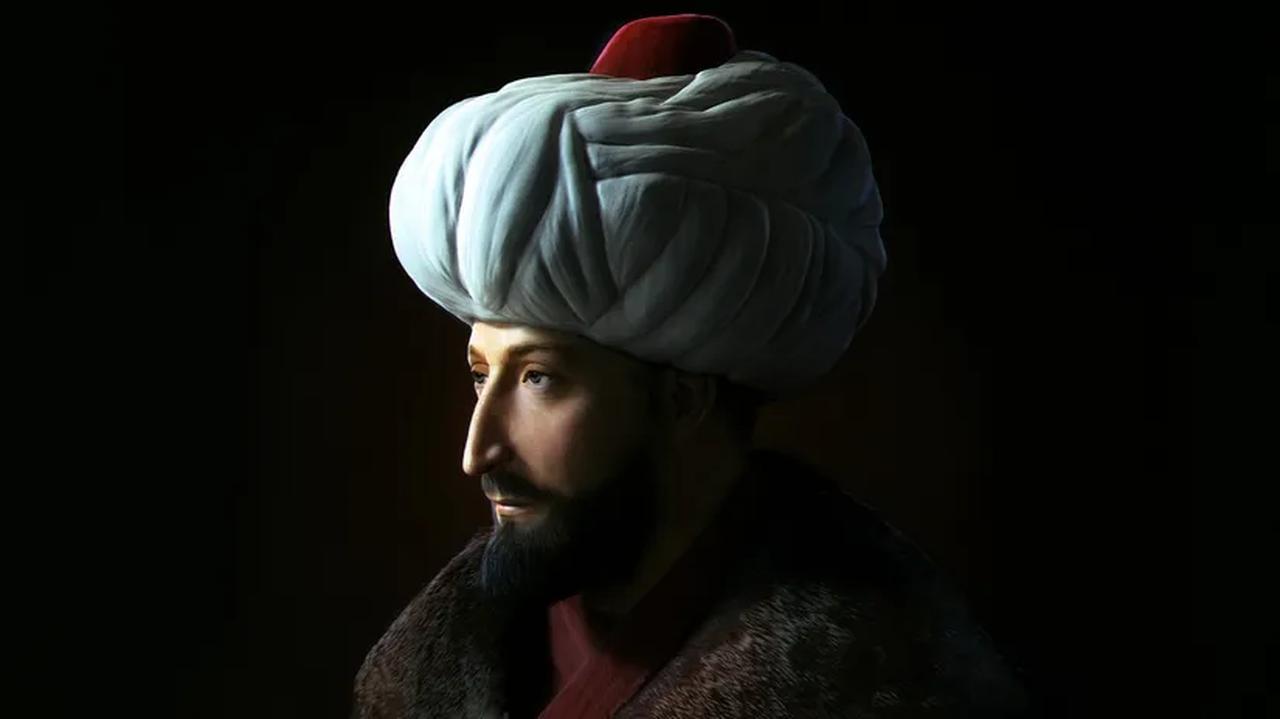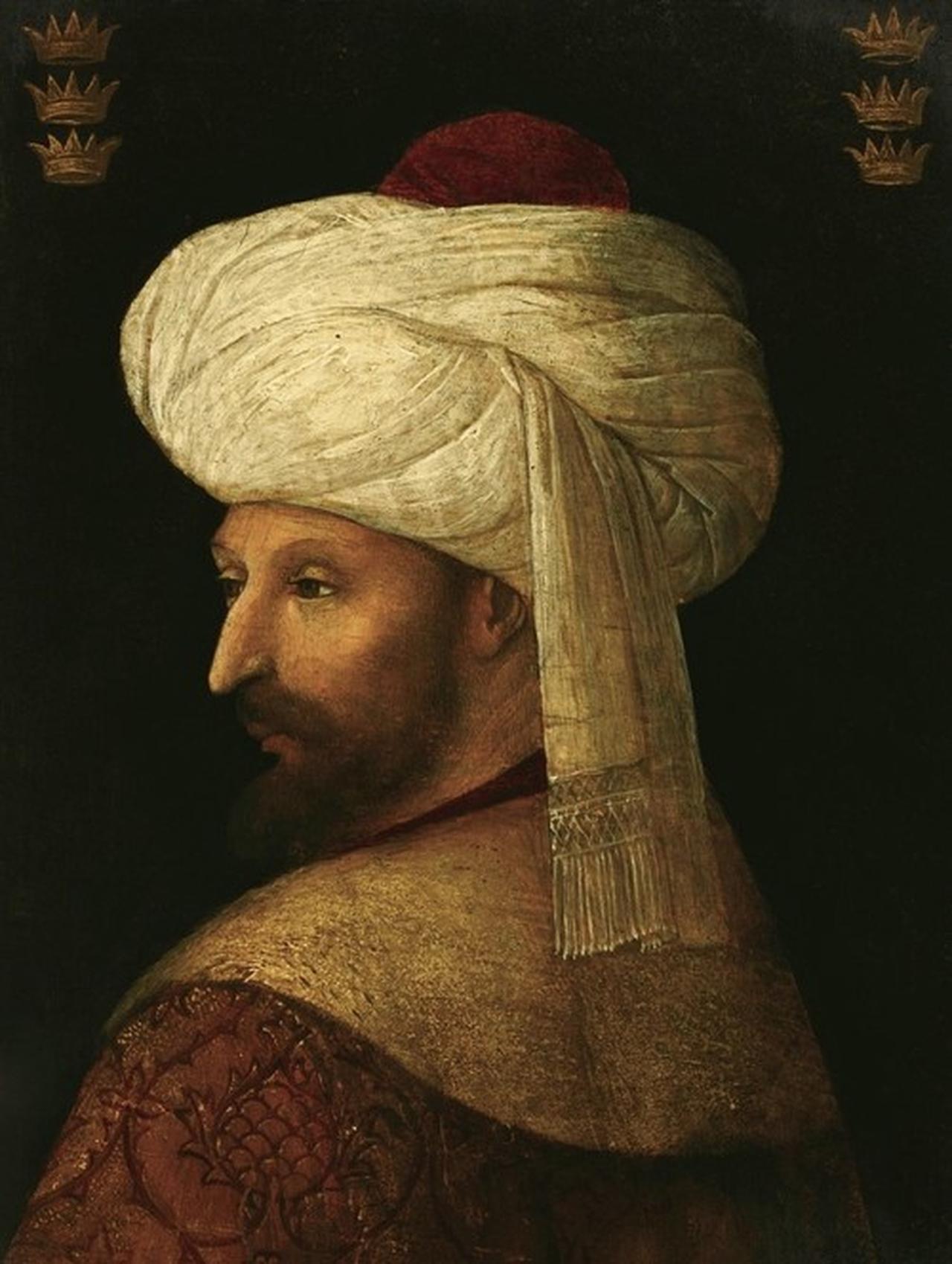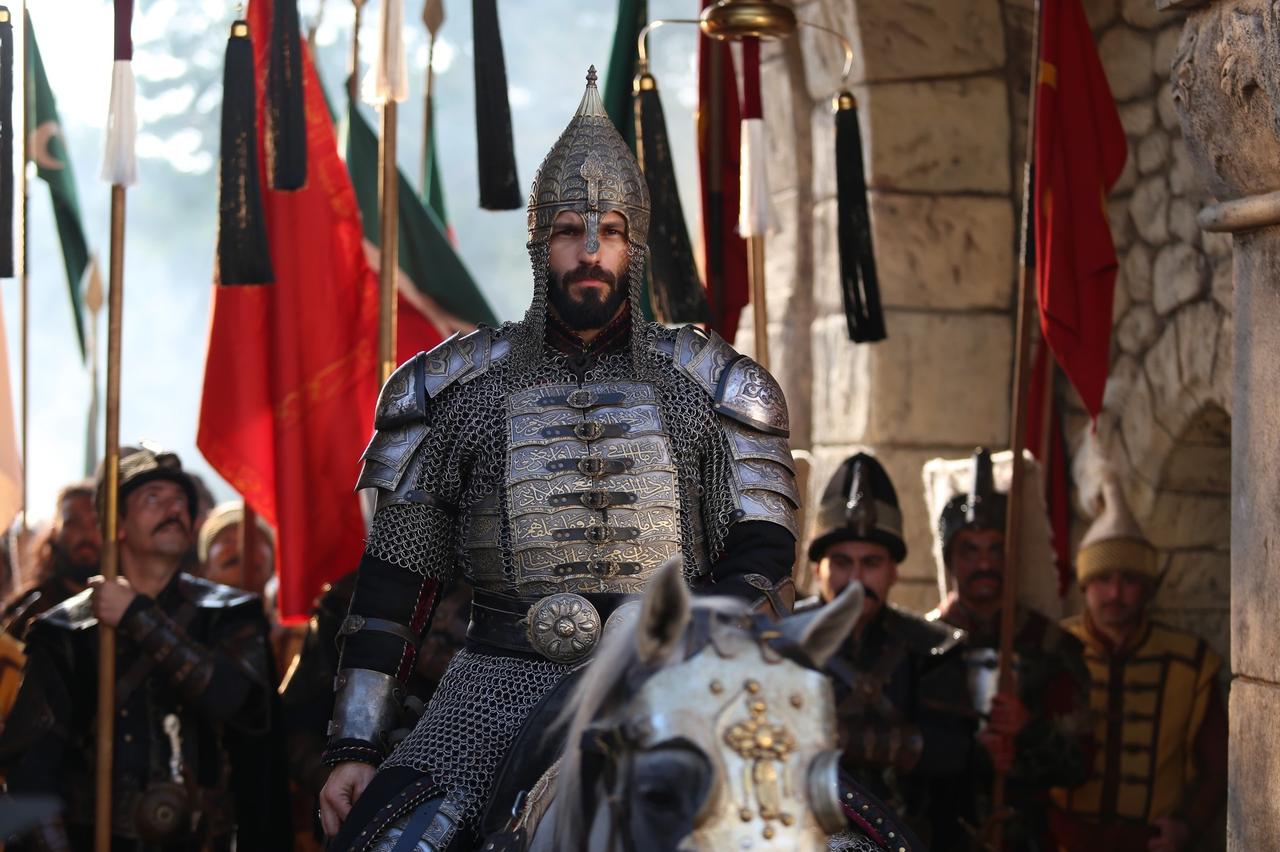
In the final years of his life, Sultan Mehmed II dispatched two armies: one to Italy and another to Rhodes. The Rhodes campaign was unsuccessful, but the Italian expedition captured Otranto, establishing a bridgehead for the conquest of Italy. Under these circumstances, Fatih died in May 1481 at Hunkar Cayiri (also known as Tekfur Cayiri) in Gebze, during a new campaign.
Since the precise destination of the army was not revealed, the location of his final campaign has been a subject of debate. Some argue it was intended for Italy or Rhodes. However, as the army was positioned on the Anatolian side, it is clear that this campaign could not have been directed at Italy.
A new issue that arose before Mehmed II's death changed the Ottoman Empire's priorities. Tensions arose between the Ottoman and Mamluk states due to Sultan Mehmed the Conqueror’s efforts to repair the pilgrimage routes for the comfort of Muslim pilgrims. The Mamluks considered this action a violation of their sovereign rights and rejected it.
The primary reason for the contention was the question of which state the Dulkadir Beylik, located around Maras and Elbistan, would be subject to. For this reason, Fatih had set out on a campaign against the Mamluk State before his death, but the resolution of the matter fell to his grandson, Sultan Selim I.
Fatih, therefore, embarked on a campaign against the Mamluk State before his death. However, Fatih passed away at Hunkar Cayiri in Gebze on May 3, 1481. It remains unclear whether Fatih died due to an illness or as a result of poisoning.
Fatih, who suffered from gout (arthritis), a condition observed in almost all Ottoman sultans, fell ill near Gebze during his last campaign. His chief physician, Lari, intervened. However, when he was unsuccessful, the former chief physician, Yakup Pasha, was assigned to the treatment. Although Yakup Pasha disapproved of Lari's medication and initially did not want to intervene, other physicians were at a loss. He then administered his syrup (sarab-i farig), which he used to treat his patients, to alleviate the sultan's pain. However, the syrup had no effect, and Fatih died after a brief coma on May 31, 1481, in the afternoon.

Fatih's death in May 1481, during a new campaign at a place called Hunkar Cayiri in Gebze, has been a subject of debate among both academic and popular historians.
The general consensus regarding Fatih's cause of death was initially gout. However, Franz Babinger, in an article based on a poetic passage in "Asikpasazade Tarihi" and a document he found in the Venetian archives, put forward the claim that Fatih might have been poisoned. Subsequently, authors who put forward the idea that Fatih was killed by poisoning based their arguments on Babinger's article. Many academics, from Sehabeddin Tekindag to Suheyl Unver, have researched this matter.
There are three main claims regarding who poisoned Fatih. The first is that Prince Bayezid, the governor of Amasya, used the chief physician Acem Lari to poison his father due to the Grand Vizier Karamani Mehmed Pasha's attempts in favor of his brother, Cem Sultan. Acem Lari's role in Fatih's last days raised suspicions. When Acem Lari died in Edirne four years later, in 1485, rumors circulated among the people of Edirne that the physician died from an overdose of opium forcibly administered by Bayezid II.
According to the second claim on this subject, the Mamluk Sultan Qaytbay had the sultan poisoned using Acem Lari. The Mamluks had previously made assassination attempts on Fatih.
The third and strongest claim regarding the poisoning is that Yakup Pasha (Maestro Jacopo), a Jewish convert who had worked with Fatih for 30 years, gained his trust, and held important positions with the rank of vizier, was bribed by the Venetians, who had made more than 10 unsuccessful assassination attempts against Fatih, to carry out the poisoning.
Between 1456 and 1479, Venice made 12 attempts to poison Fatih. The names of a barber named Albanian Paul, a sailor from Trogir, a Jewish physician named Vlaco, Francesco Baroncello from Florence, a Pole from Krakow, and a Catalan adventurer are mentioned in these assassination attempts. However, these attempts often remained only in the planning stage.
In the 15th century, Jews persecuted in Europe sought refuge in Ottoman lands. Jewish physicians, whom even the Pope in Europe did not trust, were highly respected in the Ottoman palace. Pope Nicholas V's statement that the medicines given by Jewish physicians would harm the Christian spirit of Italians rendered these doctors unable to practice.
Under these circumstances, the Jewish physician Maestro Jacopo, who came from Gaeta, Italy, to Edirne, converted to Islam and took the name Yakup. Yakup Pasha began working as a physician at the palace during the time of Murad II and continued his service during Fatih's reign. Over time, he became one of Fatih's trusted individuals.
In 1468, he made a visit to Italy to examine some medical books translated from Arabic into Latin. In subsequent years, Venice, unable to halt the Ottoman advance, decided to poison Fatih. To avoid attracting attention, Lando Degli Albizzi from Florence was sent to Istanbul. Degli contacted Yakup Pasha through the Florentine consul in Istanbul. After long consideration of the offer, Yakup Pasha demanded 10,000 gold coins in advance and another 25,000 gold coins for acceptance into Venice and for his remaining property in Istanbul if he managed to kill the sultan between March and May 1472.
Although the Venetian administration accepted this request, we do not know whether Yakup Pasha actually attempted any poisoning. However, after Fatih's death in 1481, rebellious soldiers killed Yakup Pasha along with many other statesmen.

When contemporary Turkish sources are examined, there is no information, even by implication, about Fatih's poisoning, except for a poetic passage in Asikpasazade's History that mentions Fatih was able to travel by carriage to Hunkar Cayiri due to illness.
While it is possible to infer an insinuation that a suspicious medicine might have been given to Fatih from the poem in "Asikpasazade's History," from which some historians deduce Fatih's poisoning, it could also simply be a complaint about the suffering the Sultan endured due to a poorly administered treatment.
Despite all the research, the mystery surrounding Fatih's death has not yet been solved. It is a strong possibility that the Venetians, who had made countless assassination attempts against Mehmed II before, played a role in Fatih's death.